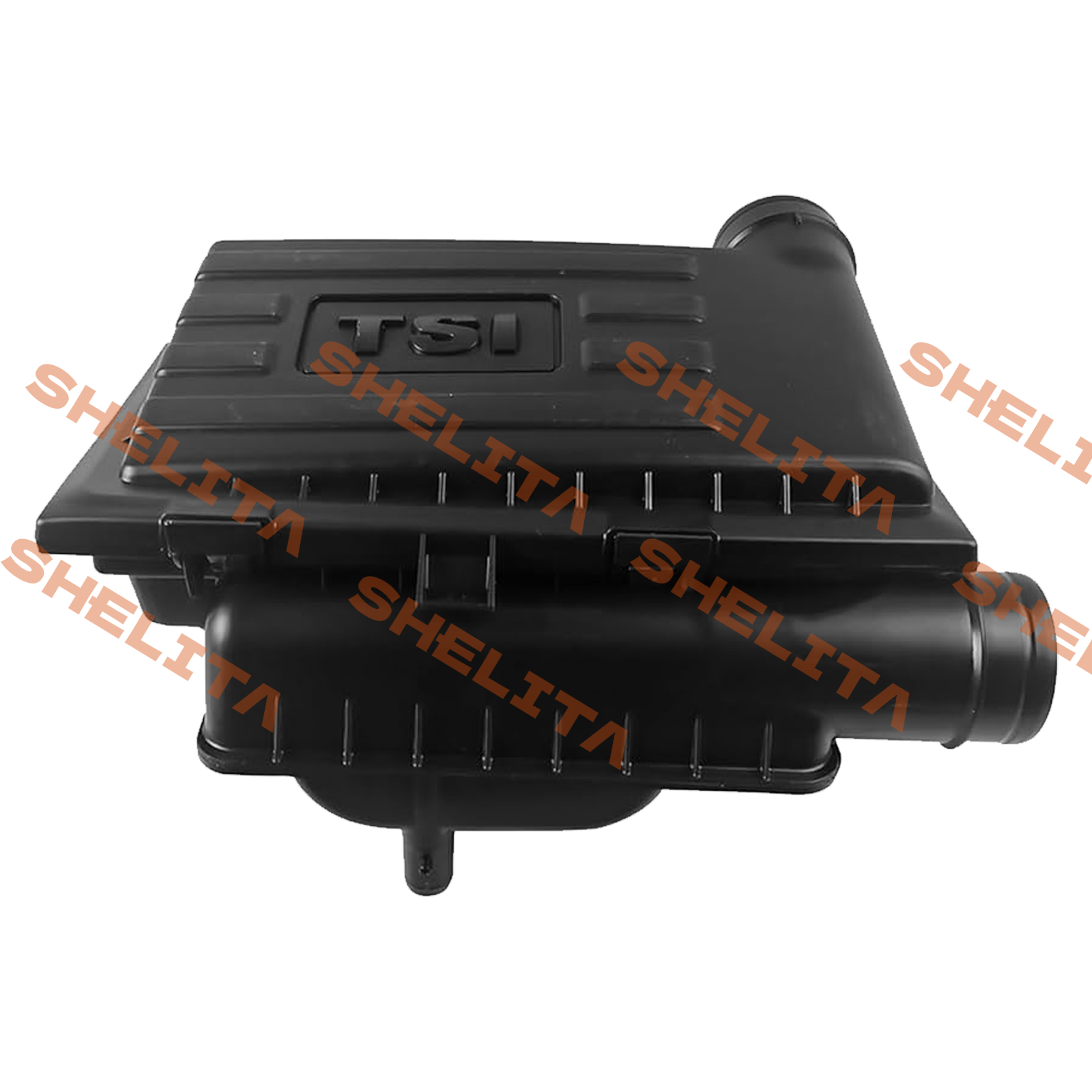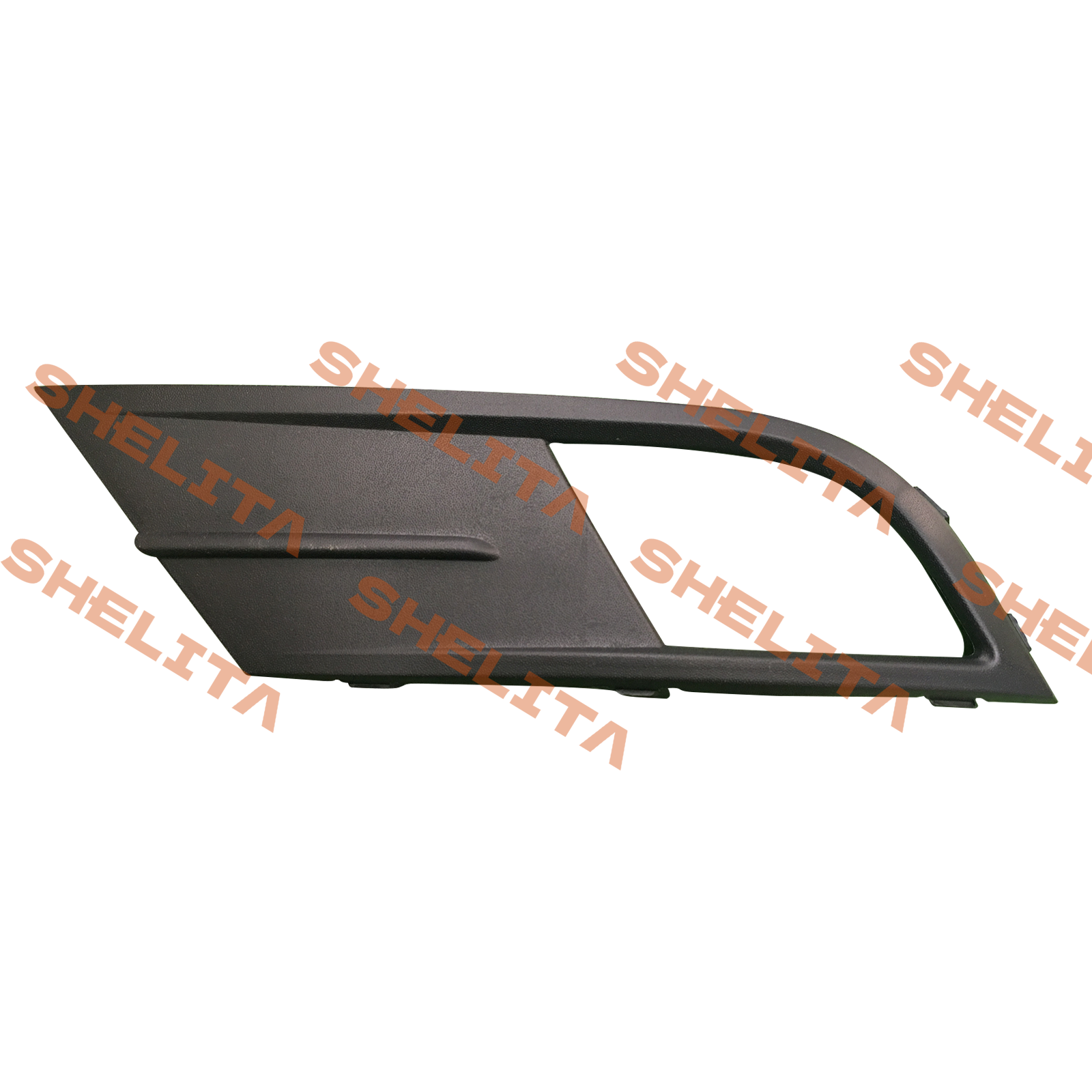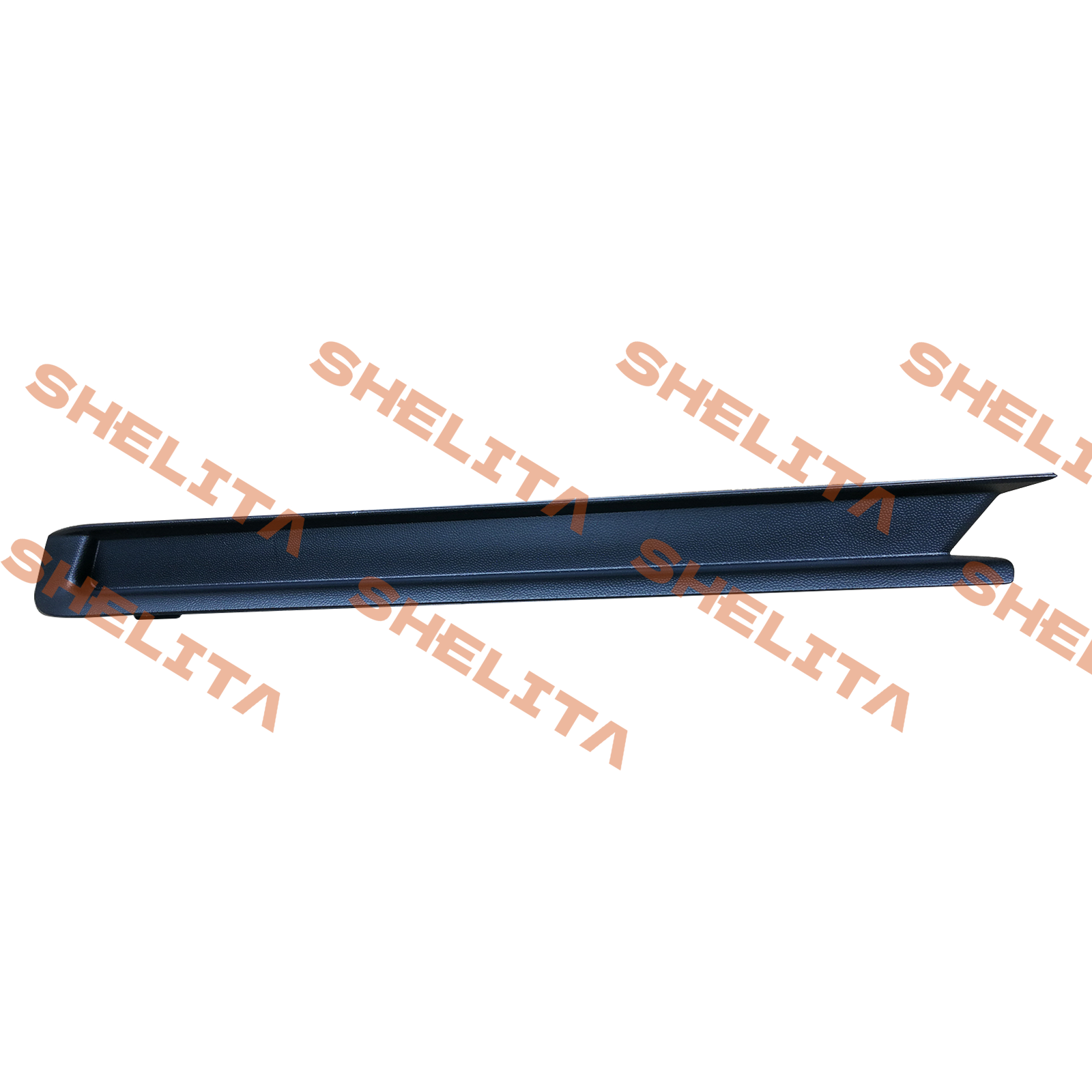Optimizing Auto Part Inventories: Strategies for Managing Wholesale Orders
Core Strategies for Auto Parts Inventory Management
Effective inventory management is essential for maintaining a competitive edge in the auto body parts industry. Implementing strategies that optimize inventory levels can lead to improved operational efficiency and cost savings.
Forecasting Demand for Wholesale Auto Body Parts
Getting demand forecasting right makes all the difference when managing inventory for wholesale auto body parts. Looking at past sales numbers helps companies figure out what might be needed next and tweak stock levels as necessary. Methods like time series analysis work pretty well too, along with those moving average calculations that smooth out fluctuations. Seasonal patterns matter a lot too. For example, certain parts tend to sell more during winter months or after major holidays. Market conditions change constantly too, so keeping an eye on things like overall economic health and how consumers are acting these days gives a clearer picture. Talking regularly with suppliers and customers brings valuable real world perspective into the mix. This kind of collaboration really helps match inventory with actual market demand instead of just guessing, which saves money and prevents situations where there's either not enough stock or way too much sitting around collecting dust.
Building Relationships with Reliable Auto Parts Suppliers
Having good connections with trustworthy auto parts suppliers makes all the difference when it comes to keeping things running smoothly in the supply chain world. When looking for partners, companies need to check out who they're dealing with really carefully. Look at how dependable they are, what kind of quality products they offer, and how fast they respond to requests. Make sure everything matches up with what the business actually needs. Getting better deals through negotiation and buying larger quantities upfront helps save money while making sure there's always enough stock available. Regular chats with these suppliers matter too because nobody wants surprises when new parts come out or when there might be problems getting shipments through. Strong supplier relationships aren't just nice to have they're basically the backbone of any decent auto parts inventory system that can adapt to changing conditions without breaking down completely.
Implementing FIFO Systems for Aftermarket Parts
FIFO or First-In-First-Out works wonders when it comes to keeping inventory fresh and reducing obsolete stock. Older items get sold first while newer ones wait their turn on the shelf. This matters a lot in the aftermarket parts business where customers want components that haven't been sitting around gathering dust. When dealing with parts that have expiration dates, careful tracking becomes essential. Nobody wants to deal with expired gaskets or seals that no longer perform as intended. Pairing FIFO with today's inventory software makes things run smoother overall. Parts move through warehouses faster, which means less money tied up in old stock that might eventually become worthless. For businesses operating on tight margins, this difference between good and bad inventory management can literally make or break profitability.
Leveraging LIFO for Seasonal Inventory Challenges
The LIFO inventory system really helps companies deal with those seasonal ups and downs in stock levels while keeping cash flow under control. When business picks up during peak times, selling off the newest inventory first makes sense, particularly if these items are what customers want most right now or carry better profit margins. With LIFO, businesses can focus on moving these newer products ahead of older stock, matching what's on shelves with actual market needs. Retailers in clothing, food service equipment, and even holiday goods find this approach works wonders when demand changes dramatically across different seasons. Companies that implement LIFO tend to manage their inventory smarter overall, staying flexible enough to handle sudden shifts in customer behavior without getting stuck with outdated products that nobody wants to buy.
Shelita Auto Body Parts Solutions
AIR FILTER HOUSING VOLKSWAGEN-JT05AH0000: OEM-Compliant Design
When it comes to aftermarket parts such as the AIR FILTER HOUSING VOLKSWAGEN-JT05AH0000, sticking to OEM standards really matters because it keeps vehicles safe and running properly according to what the factory intended. The specific model we're talking about here fits Volkswagen Jetta cars made between 2015 and 2018. What makes this part stand out is its construction from strong materials that not only last longer but also work better over time. Manufacturers put these specs in place for good reason after all nobody wants their car breaking down or performing poorly just because of a cheap replacement part. Following those quality guidelines actually pays off in the long run by keeping engines clean and ensuring the vehicle stays reliable year after year.
FRONT BUMPER GRILLE L VOLKSWAGEN-JT05FB020L: Durable PP Construction
The FRONT BUMPER GRILLE L VOLKSWAGEN-JT05FB020L uses polypropylene (PP), which works great for car parts because it's strong yet light weight and stands up well against weathering over time. Designed specifically for those 2015 through 2018 Jetta models from VW, this part passes all the necessary tests manufacturers require these days. That means drivers can count on it lasting through whatever road conditions they face. What makes this grille stand out isn't just how durable it is but also its clean lines that match the original design while providing better impact resistance than some alternatives on the market today.
MOLDING, FRONT BUMPER R VOLKSWAGEN-JT05FB030R: Precision Fitment
Getting the right fit matters when it comes to aftermarket parts such as the front bumper molding JT05FB030R for Volkswagens. These components are made specifically for 2015 through 2018 Jetta models without any unnecessary holes, giving them that clean factory look many owners want. The manufacturer puts these through all sorts of tests before shipping them out so they actually fit properly when installed. When everything lines up correctly from the start, mechanics spend less time wrestling with misalignment issues, and customers end up with vehicles that look better straight from the garage instead of needing extra adjustments later on.
Technology Integration for Inventory Control
Automated Systems for Car Parts Online Shopping Integration
The way we handle inventory has changed completely since automated systems came along, particularly when it comes to buying car parts online. These systems make things much smoother for processing orders and keeping track of what's in stock, so they work really well with most e-commerce websites out there. When everything connects properly, mistakes made by people get cut down significantly while operations run faster overall. Inventory counts stay pretty accurate too. What makes automation so valuable is that it gives instant updates on stock levels. Suppliers can see exactly what customers want right now and change their stock accordingly without wasting time or money. This kind of responsiveness matters a lot in the competitive world of selling auto body parts through online channels where delays mean lost sales opportunities.
Bringing inventory management systems together with online sales channels offers quite a few real benefits. The biggest plus? Less confusion when there's actually stock versus what shows up on websites. This helps avoid those frustrating situations where customers order something only to find out it's not available or when stores run completely out of popular items. When e-commerce platforms connect properly with inventory systems, they let businesses tweak prices as needed depending on how much product remains in stock and what competitors are charging. Smart pricing moves can boost sales numbers while keeping shoppers happy. For companies selling car parts online specifically, getting these systems right makes all the difference. It streamlines operations so mechanics and DIY enthusiasts don't have to wait weeks for parts they need now, and keeps warehouses from becoming cluttered with excess inventory nobody wants.
Real-Time Tracking for Multi-Warehouse Management
Tracking inventory in real time makes all the difference when dealing with multiple warehouses because it gives managers clear sight of what's going on, which helps them make smarter choices. Auto body part suppliers especially benefit from this since they can allocate their stock more efficiently and get parts where they need to be before problems arise. These tracking systems constantly update inventory levels so warehouse staff know exactly what's available at any given moment. That means faster reaction times when there are unexpected spikes in demand or holdups in the supply chain. Some companies report cutting down on stockouts by over 30% after implementing these kinds of tracking solutions.
Getting better at tracking where things go has become possible thanks to tech like RFID chips and GPS systems. Those little RFID stickers really help out when it comes to finding stuff in massive storage facilities. Warehouse managers can scan them quickly without mistakes creeping in, which means stock moves through the system faster than before. On the road, GPS does wonders too. Truckers know exactly where their cargo is at all times, so they can tell customers pretty accurately when those replacement car parts will arrive. Nobody wants surprises when waiting for brake pads or engine components after all. For businesses dealing in automotive spare parts, these digital tools make all the difference. Suppliers who adopt them stay ahead of what customers need next while avoiding situations where someone orders something only to find out later it's not available anywhere nearby.
Mitigating Risks in Wholesale Parts Distribution
Managing Obsolete Inventory in Auto Body Supply Chains
Dealing with outdated inventory remains a big concern across the auto body repair sector where it can really eat into profits and tie up valuable cash. Smart businesses keep an eye on which products aren't moving well and try to spot trends before they become problems. This helps them catch inventory items that are heading toward obsolescence before they actually get there. There are several ways to handle this situation. Some companies choose to sell off their old stock at lower prices just to clear out warehouse space and get some money back. Others look for creative ways to reuse certain parts elsewhere in their operations. Both methods work pretty well when it comes to reducing the headaches caused by obsolete inventory. Plus, these tactics make the whole inventory management system run smoother over time, helping shops save money and make better use of limited storage areas.
Quality Assurance Protocols for Aftermarket Components
Good quality control measures really matter when it comes to making sure aftermarket car body parts are safe and work properly. What keeps these standards going strong? Testing and checking processes that include thorough inspections and making sure everything complies with regulations. These tests confirm parts actually meet safety requirements set by the industry and perform as they should inside vehicles. When manufacturers consistently test their products all along the supply chain, it helps keep quality high and gives customers peace of mind about buying aftermarket stuff. For suppliers selling through online markets for auto parts, focusing on quality control isn't just good practice it's basically how they stay ahead of competitors while building that all important customer trust and pushing the whole industry toward better standards.




